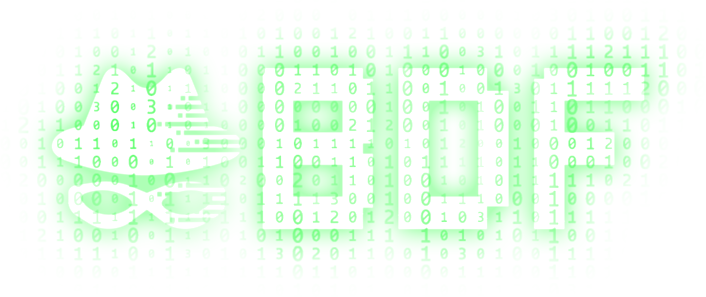- Регистрация
- 21.07.20
- Сообщения
- 40.408
- Реакции
- 1
- Репутация
- 0
Ukraine-based crypto exchange Kuna.io is refusing to provide personal information about individuals who could potentially be labeled as dissidents by the government of Belarus.
According to an Oct. 5 Facebook post from Belarus Solidary Foundation, or BYSOL, founder Andrej Stryzhak, Kuna has stated it will not comply with an official request sent on Sept. 30 by Belarus’ Department of Financial Investigations, or FDI, under the country’s Committee of State Control.
The department requested personal information on Belarusians who had received funds through BYSOL, insinuating that they may have been involved in the country-wide protests sometime in the last two months. The organization helped collect crypto donations for these individuals, who lost employment or suffered other financial hardships due to their participation in the protests.
Because the fund is registered outside of Belarus, it can transfer crypto directly to individuals without significant disruption from the government. Kuna founder Mikhail Chobanyan — who hails from Ukraine — not only reportedly told Stryzhak that he would refuse the FDI’s request, but also voiced his open support for “the brotherly Belarusian people.”
“KUNA’s mission is an open and decentralized financial system,” Chobanyan stated. “That's why we support everyone who helps us and are ready to lend our support [...] We, just like the civilized world, don’t support violence and refusal to hold dialogue with the opponents.”
On Aug. 9, Belarusian president Alexander Lukashenko declared victory over opposition candidate Sviatlana Tsikhanouskaya with reportedly more than 80% of the vote. However, many officials both inside and outside the country have challenged the election results, and ongoing protests have urged Lukashenko to step down, claiming he is not a legitimate president.
BYSOL, a nonprofit founded in August, has been giving away Bitcoin (BTC) to assist anyone “who was repressed or lost their job due to participation in strikes or peaceful protests in Belarus” as well as “government officials and law enforcement officials who left their posts in protest,” according to the Kuna donation page.
Started by a group of activists and entrepreneurs, the fund claims to have distributed more than $1.3 million to 1,579 people out of $2.1 million donations raised.
“I understand that I am not eligible to travel to Belarus,” said the Kuna founder. “But my conscience is clear.”
According to an Oct. 5 Facebook post from Belarus Solidary Foundation, or BYSOL, founder Andrej Stryzhak, Kuna has stated it will not comply with an official request sent on Sept. 30 by Belarus’ Department of Financial Investigations, or FDI, under the country’s Committee of State Control.
The department requested personal information on Belarusians who had received funds through BYSOL, insinuating that they may have been involved in the country-wide protests sometime in the last two months. The organization helped collect crypto donations for these individuals, who lost employment or suffered other financial hardships due to their participation in the protests.
Because the fund is registered outside of Belarus, it can transfer crypto directly to individuals without significant disruption from the government. Kuna founder Mikhail Chobanyan — who hails from Ukraine — not only reportedly told Stryzhak that he would refuse the FDI’s request, but also voiced his open support for “the brotherly Belarusian people.”
“KUNA’s mission is an open and decentralized financial system,” Chobanyan stated. “That's why we support everyone who helps us and are ready to lend our support [...] We, just like the civilized world, don’t support violence and refusal to hold dialogue with the opponents.”
On Aug. 9, Belarusian president Alexander Lukashenko declared victory over opposition candidate Sviatlana Tsikhanouskaya with reportedly more than 80% of the vote. However, many officials both inside and outside the country have challenged the election results, and ongoing protests have urged Lukashenko to step down, claiming he is not a legitimate president.
BYSOL, a nonprofit founded in August, has been giving away Bitcoin (BTC) to assist anyone “who was repressed or lost their job due to participation in strikes or peaceful protests in Belarus” as well as “government officials and law enforcement officials who left their posts in protest,” according to the Kuna donation page.
Started by a group of activists and entrepreneurs, the fund claims to have distributed more than $1.3 million to 1,579 people out of $2.1 million donations raised.
“I understand that I am not eligible to travel to Belarus,” said the Kuna founder. “But my conscience is clear.”


